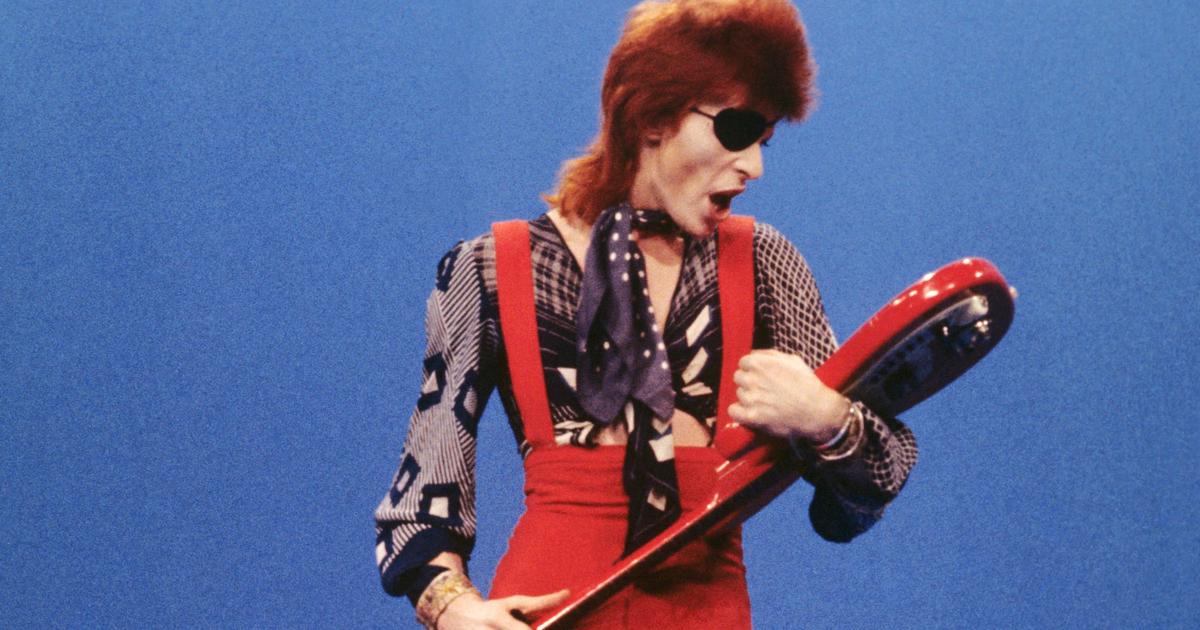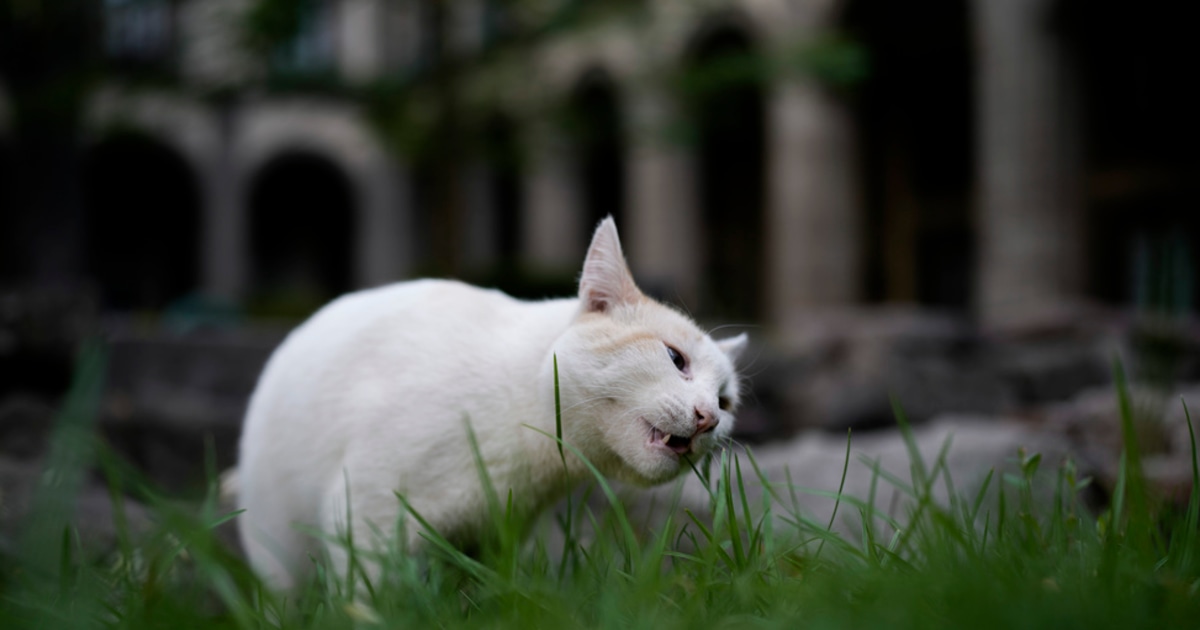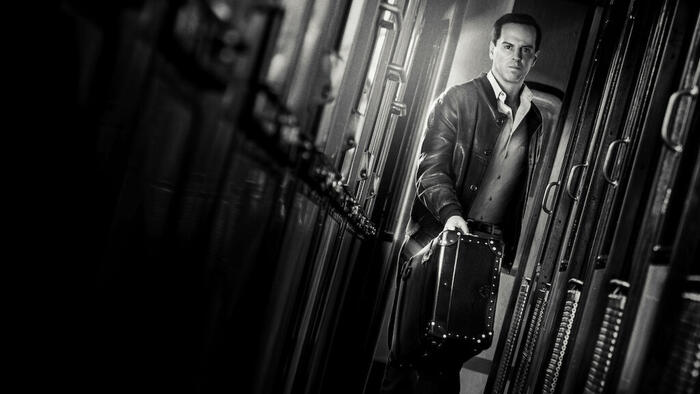David Bowie, in January 1971, at a party at the home of music promoter Rodney Bingenheimer, in Los Angeles, California.Michael Ochs Archives
In 1971, David Robert Jones, known as David Bowie, took a plane to visit the United States for the first time. A thrilling occasion for a postwar son who had grown up assimilating American popular culture. It was essentially an exploratory trip, disguised as a tour to promote his album
The Man Who Sold The World
in which - visa issues - he was forbidden to perform. Still, he took an acoustic guitar and a lot of clothes. Today we are amazed to know that he was flying alone. Neither his
manager
nor his wife
accompanied him
, although they were both Americans: he paid for his record company, Mercury Records, but he paid just enough.
It should not be confused with an expedition of conquest, such as those undertaken by dozens of British groups throughout the 1960s. Cynics in London regarded Bowie as a sympathetic but fanciful chap, essentially a "one-hit wonder," referring to
Space Oddity
(1969), a piece spurred on by worldwide fascination with astronauts but hadn't worked in America. UU, perhaps because of its unpatriotic outcome.
In London circles, it was also known that, as the Beatles would say, David had a rubber soul. He had been a
mod, hippy,
underground
activist
,
actor, mime. During his time on seven record labels, he released
rhythm and blues,
pop, children's songs, light music, psychedelia. He had radar eyes and an infinite capacity to seduce.
She arrived in the United States with a long hair and, for special occasions, dresses - "masculine", she insisted - that covered almost to the ankles, the work of designer Michael Fish. "It looks like the reincarnation of Lauren Bacall," someone sighed. In interviews, he played at sexual ambiguity –especially after tasting the gay subculture of San Francisco–, but the rumble of the world claimed that it swept through the young girls. Especially, he caused a sensation to the
Hollywood
groupies
: it was there, in a house rented for the occasion, that he was able to perform his songs, settled on a water bed like a guru from a pansexual future.
He was fortunate to connect with people who accepted his personality and facilitated his searches. In New York, there was Paul Nelson, an affable journalist then in the pay of Mercury, who gifted his ears with anecdotes of Bob Dylan stealing his records from him in Minnesota times. In California, the doors were opened to him by the critic John Mendelsohn and the hustler Rodney Bingenheimer, future promoter of the
Los Angeles
glam scene.
He made a lot of contacts.
He lacked an audience with Andy Warhol, to whom he would dedicate a song, although he would later discover that they did not have good communication.
He went to a concert by The Velvet Underground and, in dressing rooms, struck up a conversation with their singer (he thought it was Lou Reed, but it turned out to be his replacement at the microphone, Doug Yule).
He did locate one of the avant-garde legends, the blind Moondog, who played his compositions in the street;
moved, he bought her food.
You won't be surprised if I reveal that he transformed during the tour.
In New York, he was a bit shabby, to blend in with the bohemian vibe of Greenwich Village.
In the Californian sun, she pulled out her wardrobe.
The chrysalis broke and the butterfly inside her sprouted: a voracious, ambitious, absorbing creature.
After a few weeks touring the United States by plane, train and even bus, Bowie returned to London reinvigorated.
He did not say that he stayed in cheap hotels and that, at times, he shared a house with Mercury employees.
He did say that he brought many experiences, hot plans.
He had new songs, a fresh lexicon and even conflicting musical temptations: he adored the nihilistic rock of The Stooges, but he was not immune to the comfortable charm of James Taylor or Carole King type singer-songwriters, then on the rise.
Rock would win, the final vehicle for a story that had begun to spin in Los Angeles: that of a decadent messianic star named… Ziggy Stardust.
Sign in to continue reading
Just by having an account you can read this article, it's free
Sign upLogin
Thanks for reading EL PAÍS

/cloudfront-eu-central-1.images.arcpublishing.com/prisa/UCS7FIA72NBBXPTUQ4AYMVG2CE.jpg)













